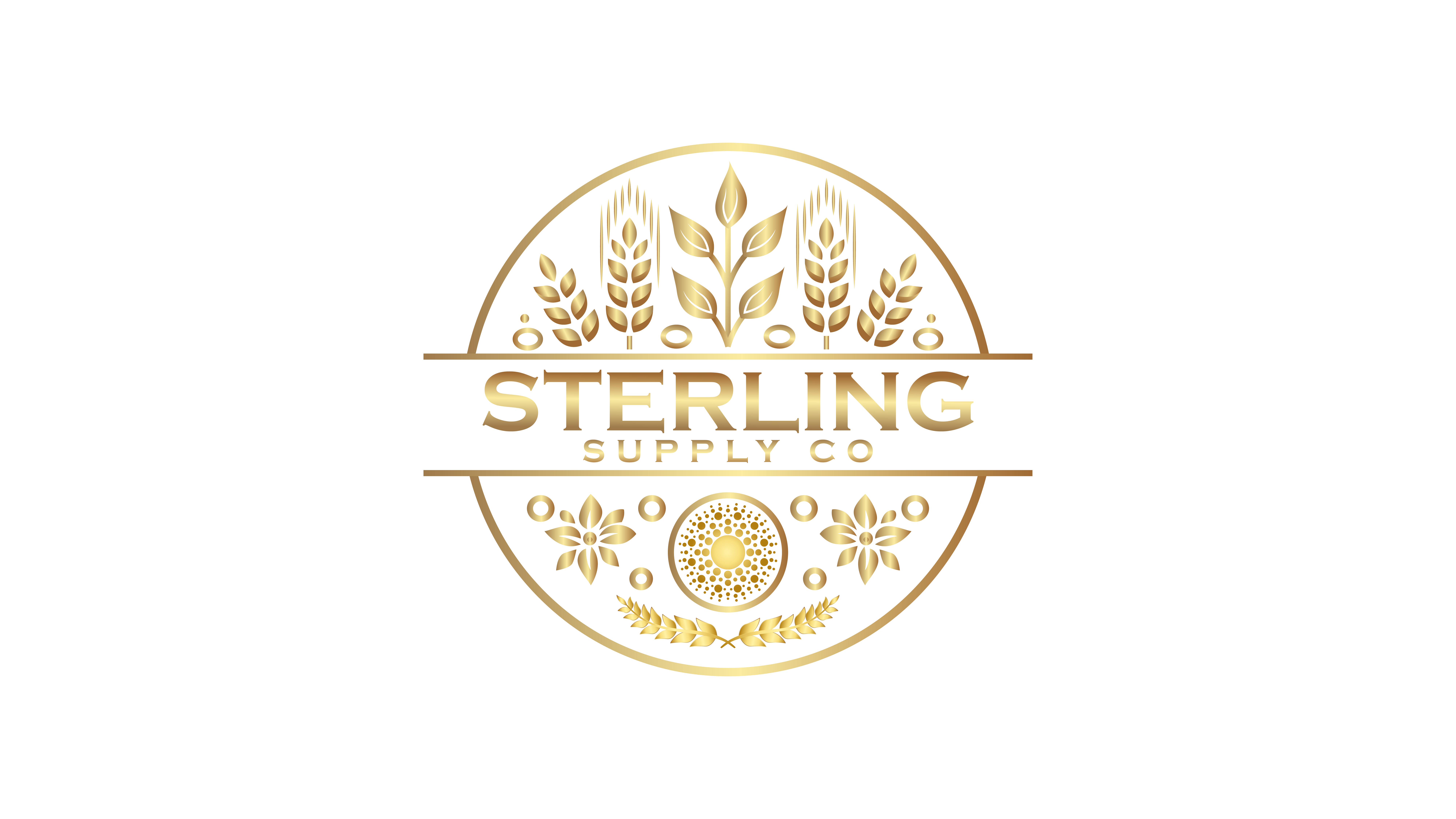Our Solutions

Collaborative Innovation
We listen, share, develop, and refine solutions to meet the diverse needs of our valued customers. Our team of experts have extensive knowledge of unique ingredients and global flavor profiles. Through meticulous research and market insights, we bring emerging trends to life while meeting evolving consumer preferences.
Through meticulous research and market insights, we bring emerging trends to life while meeting evolving consumer preferences.
Explore Distinct Flavors and Aromas of Herbs, Spices, and Seasonings
- Research and market insights
- Ideation with culinary and R&D experts
- Cross-functional support
- Ready-to-use, branded, or custom-created solutions
- Speed-to-market product development
Frequently Asked Questions
- How Does Organic Farming help the Environment?
Organic farming helps the environment in several key ways:
- Reduces Pollution: By avoiding synthetic pesticides and fertilizers, organic farming reduces soil and water pollution, protecting ecosystems and biodiversity.
- Improves Soil Health: Organic practices like crop rotation, composting, and cover cropping enhance soil fertility and structure, promoting healthier, more resilient soils.
- Conserves Water: Organic farming often employs methods that improve water retention in the soil, reducing the need for irrigation and helping to conserve water resources.
- Promotes Biodiversity: Organic farms typically have a more diverse range of plants and animals, supporting a healthier ecosystem and promoting natural pest control.
- Reduces Greenhouse Gas Emissions: Organic farming practices can sequester more carbon in the soil and use less energy, helping to mitigate climate change by reducing greenhouse gas emissions.
- Why Does Organic Cost More?
Organic products often cost more due to the labor-intensive practices required to meet organic standards, such as manual weeding and crop rotation. Additionally, organic farming typically has lower yields and higher production costs since synthetic chemicals and fertilizers are not used. These factors, combined with the certification process, contribute to the higher price of organic goods, reflecting their sustainable and environmentally friendly production methods

